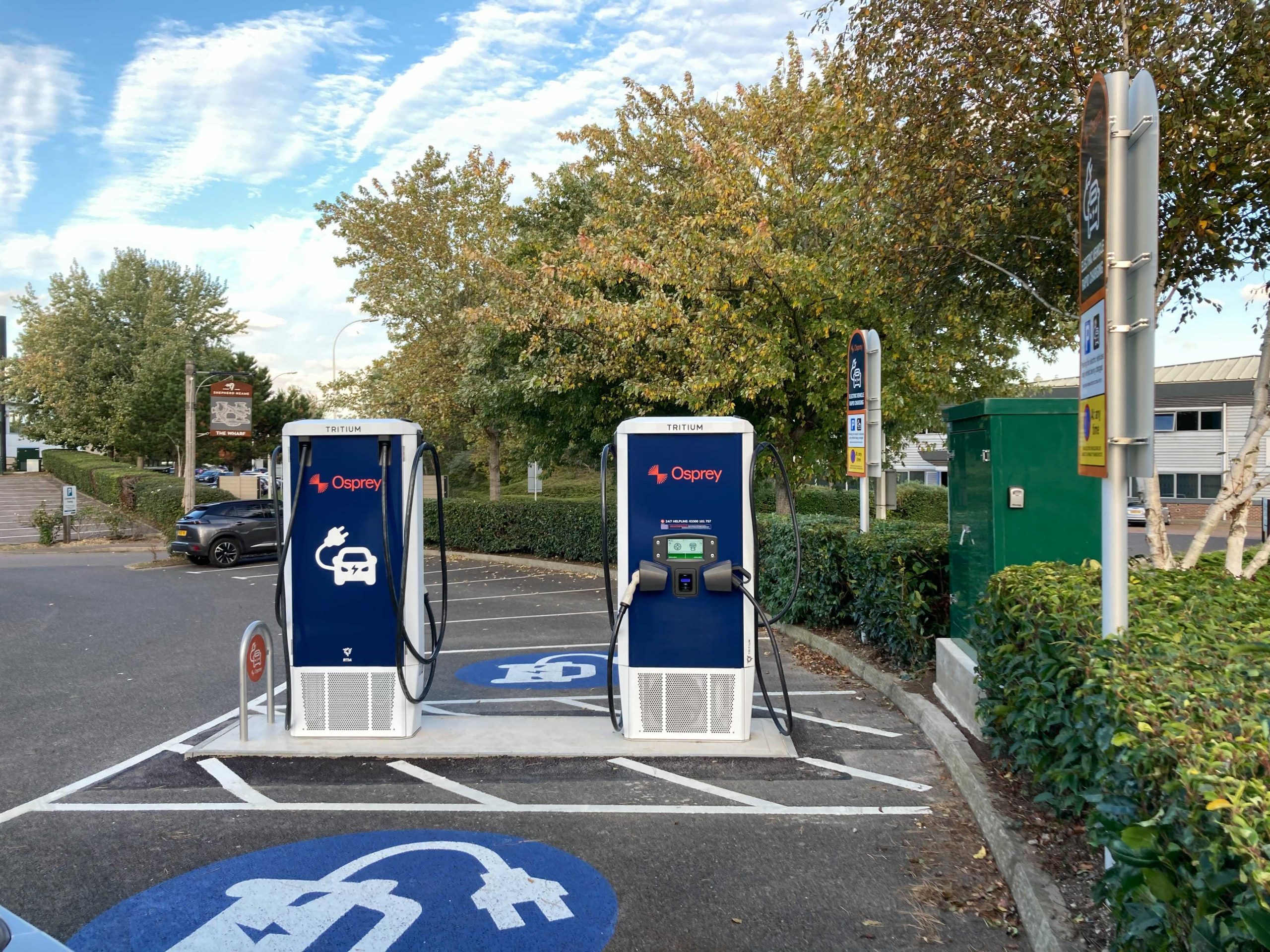UK government announced plans to increase the number of electric car chargers more than ten times to 300,000 by 2030.
Osprey Charging is one of the fastest-growing UK networks of rapid electric vehicle (EV) charging points. It will roll-out of 150 rapid electric vehicle charging hubs across UK over the next four years.
Ian Johnston, the CEO of Osprey Charging said
“Today’s announcement by the government is an important step towards ensuring that we have the right number of charging points in all locations across the UK. This is crucial to give everyone the confidence that when they make the switch to electric, they will be able to charge as easily as they refuel today – whenever and wherever they are. These charging stations simply must be reliable, easy to navigate and importantly, accessible for all.
There are already many billions of pounds of private investment committed for the deployment of charging infrastructure across the UK from leading networks like Osprey, and the announcements today will allow this funding to provide the critical infrastructure to the areas that are as yet underserved – notably the motorway service areas and the Local Authority towns and cities across the nation. We look forward to working with the government to help bring this strategy to life, delivering a high quality, inclusive, open-access and reliable charging network that’s worry free, comfortable and enjoyable to use.”
Helping to make the public charging network ‘accessible for all’ is a topic that Osprey are very passionate about. Recently, Motability (the charity that helps disabled people acquire vehicles) partnered with OZEV (the Office for Zero Emission Vehicles) to develop new BSI accessible charging standards (PAS 1899) for charging bays, which are scheduled to be published for consultation in the coming months.
Osprey are on the board reviewing the ‘PAS 1899’ minimum standards for charging bays. As a CPO independent of major energy companies, it remains undistracted by sale of equipment, contract installation, electricity supply, or other predominant objectives from any larger parent organisation, and so can remain objective in its advice
















